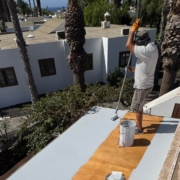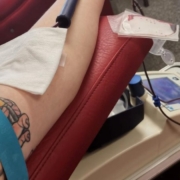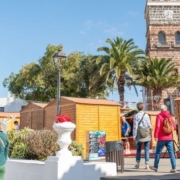Spain’s President, Pedro Sánchez, has announced that non-essential workers must stay in their homes for the next two weeks, in an attempt to stem the spread of coronavirus.
From Monday 30th March until April 9th, there will be no non-essential activity in Spain. The definition of “non-essential” is likely to be more clearly defined when the law is passed later today, but will include sectors such as manufacturing and construction, which have continued functioning up until now.
Aware that new cases are now mostly coming from the population who are still working, Sánchez said he wished to reduce movement to that of “the last two weekends”. He claimed that Spain was “approaching the crest of the wave of the virus”, and that now was not the time to lower our guard, but instead to intensify the battle.
“These days are tough, they’re sad, they’re very bitter,” said Sánchez. “But they are decisive, because they are the time that we have in which to tackle this. And afterwards we’ll have a whole lifetime ahead in which to remember that, resisting, united in difficult times, Spain measured up to the challenge.”
Meanwhile, in Europe, old animosities arose once again as the Netherlands and Germany opposed the “corona bonds” scheme proposed by France, Spain, Italy and six other countries.
Corona bonds is a debt scheme using funds from the European Investment Bank, which would be funded mutually by all EU members.
However, the scheme has been opposed by Germany, the Netherlands, Austrian and Finland, prompting bitter reminders of previous EU divisions during the debt crisis. Pedro Sánchez warned “If we don’t propose a unified, powerful and effective response to this economic crisis now, not only will the impact be tougher, but its effects will last longer and we will be putting at risk the entire European project.”
Latest statistics: 28th March, 20:00
Increase on previous figures in brackets.
Total Canarian Cases: 1125 (+100)
Cases on Lanzarote: 35 (Friday night’s figures)
Deaths (Canaries): 39 (+3)










